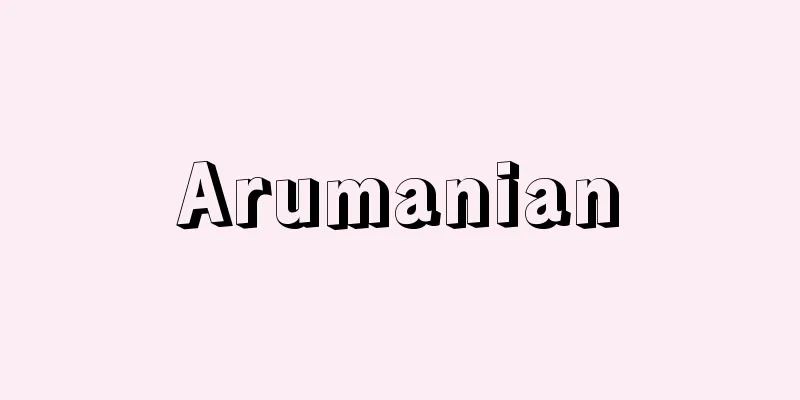Festival Merchant - Ennichiakindo

|
… These festivals were a major factor in the formation of temple towns in urban areas. As the word akindo (festival merchants) suggests, groups of merchants who set up stalls and sold goods gathered in front of temple gates on festival days. In fact, the custom of having markets held on festival days run by fellow merchants became common by the end of the Edo period, and has continued into modern times. … *Some of the terminology that refers to "fair merchants" is listed below. Source | Heibonsha World Encyclopedia 2nd Edition | Information |
|
… この縁日は,都市寺院の門前町形成の大きな要因となった。縁日商人(あきんど)という言葉が示すように,寺の門前には縁日になると露店を出して商う香具師(やし)の集団が集結した。むしろ縁日に立つ市は,香具師仲間によって運営される習慣が江戸時代末期には一般化しており,近代以降になお引き継がれた。… ※「縁日商人」について言及している用語解説の一部を掲載しています。 出典|株式会社平凡社世界大百科事典 第2版について | 情報 |
<<: Festival Play - Ennichishibai
>>: Circular dichroism - Ennisokusei
Recommend
Mount Kongo
<br /> A mountain in Gose City, Nara Prefect...
Edo Castle
A castle from the Muromachi to Edo periods. It is...
Tiger of Oiso - Ooisotora
Year of death: 1245 Year of birth: Angen 1 (1175) ...
"Asia Current Affairs" - Asiajiron
...The platform proclaimed that Japan should be a...
Kortschak, HP (English) KortschakHP
…Their research was first carried out using unice...
Georg Manolesco
1871‐1911 A Romanian-born thief king who took the ...
Saussurea nipponica (English spelling)
…[Mitsuru Hotta] [Aya Nitta]. … *Some of the term...
Kariya Ekisai - Kariya Ekisai
A scholar of Japanese classics in the late Edo pe...
Rakuto Flora
A general term for fossil plants found in the Sind...
Company reorganization - Kaisha Seiri
A procedure aimed at reconstructing a company on ...
High degree - Kou Gendo
Years of birth: Years of birth and death unknown. ...
Gyoen - Gyoen
...The latter example is the construction of a po...
Garden Party
… However, because the human mind is inherently a...
Meganeura - Meganeura
Meganeura is also read as Meganeura. It is a foss...
Cho - Cho
[1] 〘 noun 〙① A type of tax under the Ritsuryo sys...









